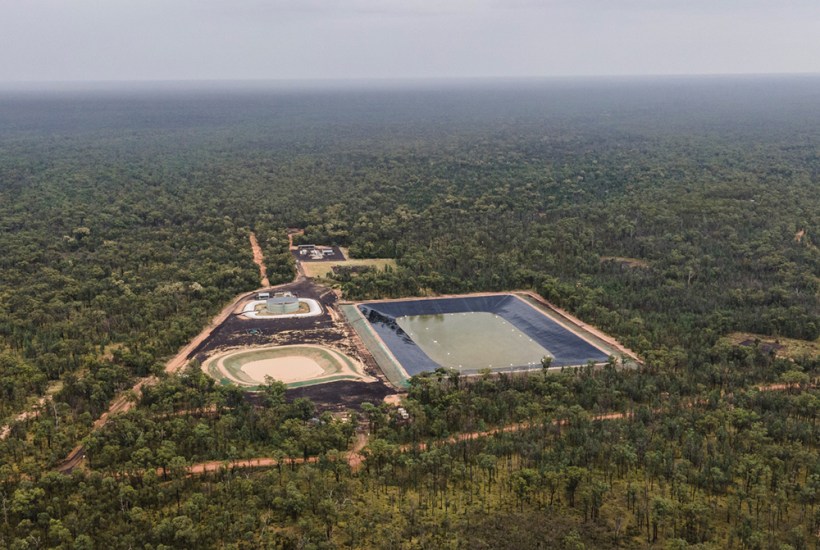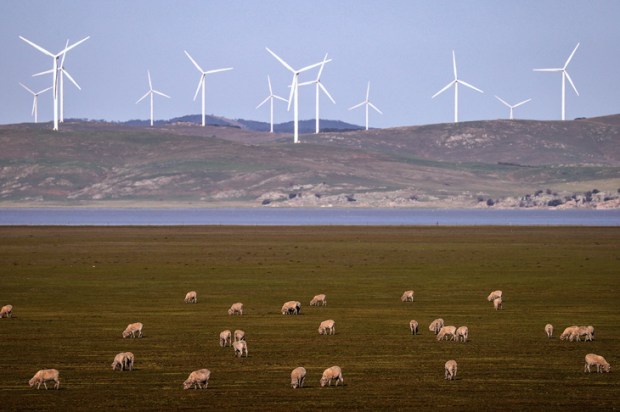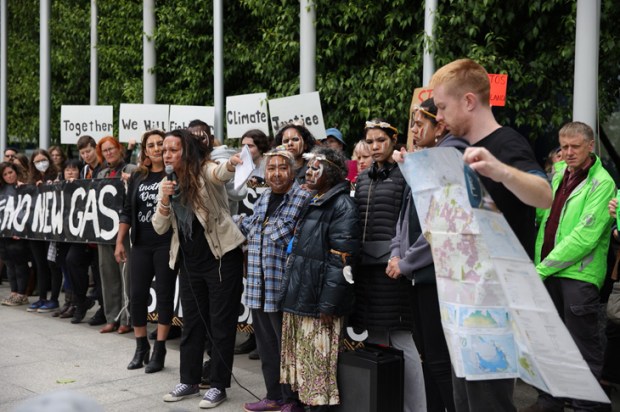‘Lawfare’ – the abuse of the legal system by saving-the-planet economic saboteurs aimed at blocking, delaying, frustrating, discouraging and adding massive costs to the extractive industries that underpin Australia’s prosperity – has just been given a massive boost by an extraordinary split 2-to-1 decision by the Federal Court.
In allowing an appeal by traditional owners against the National Native Title Tribunal’s decision to finally approve Santos’ decade-long struggle to extract urgently needed gas from its $3.6
Already a subscriber? Log in
Subscribe for just $2 a week
Try a month of The Spectator Australia absolutely free and without commitment. Not only that but – if you choose to continue – you’ll pay just $2 a week for your first year.
- Unlimited access to spectator.com.au and app
- The weekly edition on the Spectator Australia app
- Spectator podcasts and newsletters
- Full access to spectator.co.uk
Unlock this article
You might disagree with half of it, but you’ll enjoy reading all of it. Try your first month for free, then just $2 a week for the remainder of your first year.














Comments
Don't miss out
Join the conversation with other Spectator Australia readers. Subscribe to leave a comment.
SUBSCRIBEAlready a subscriber? Log in